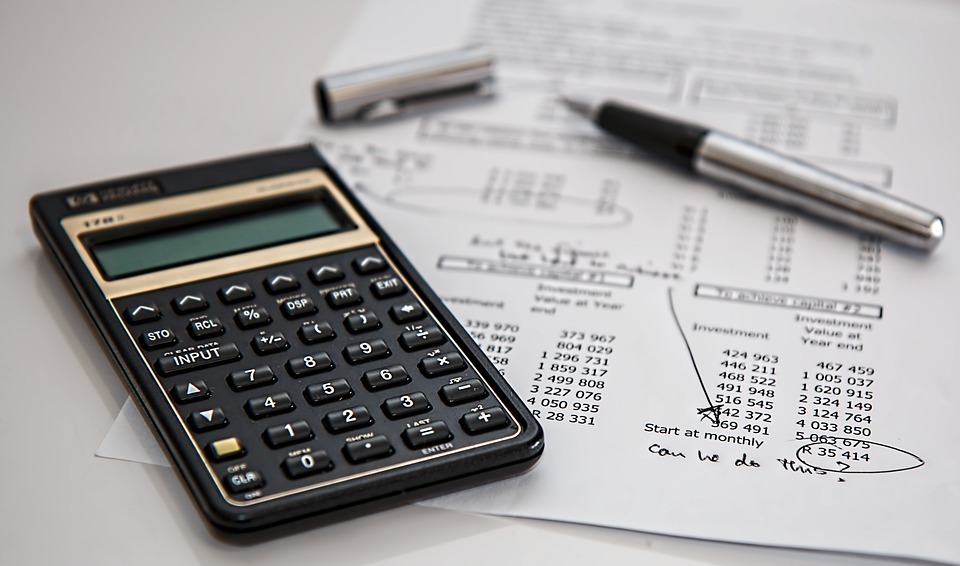If you plan to launch your business, you need to understand that there are instances wherein your personal assets can be at risk. Your properties which can include your home, car, and cash savings and asset ownership such as bonds and stocks, could be in danger if you get into a legal issue or have to make a personal loan.
But there are ways you can protect your assets from possible liabilities. Continue reading to know what measures you can take so that you can protect your assets when you start your business.
Register as an LLC
One of the most important things you need to do first to keep your assets safe is to make sure that, by law, you and your business are considered separate entities. You can register your business in a very affordable way with services such as Zenbusiness, Incfile and Northwest. There are many types of business structures you can choose from. Each of these has its pros and cons.
For instance, if you opt to have a sole proprietorship or a partnership, forming the structure is easy and requires uncomplicated paperwork. But the problem is you’re attached personally to your business. That means you can be personally responsible in case you have legal troubles or business debts.
The better option is to structure your business as an LLC or limited liability company, a corporation, or any similar business entity. Any of those structures separate you and your business, freeing you from being personally liable for any legal issues. This means that the debts and loans of your business are of the business alone and can be considered individual elements in a lawsuit.
However, these business entities won’t give you complete protection from everything. For instance, if you did a crime while you were the head of an LLC, you can still be personally responsible for particular damages. But choosing an LLC or other related business entities can be a big help in protecting your assets.
Refrain from Having Personal Loans
It’s also recommended not to have personal loans to fund your business as much as possible. Many entrepreneurs feel tempted to take out loans for their businesses by using their credit cards up to the limit or to incur personal debts. The latter is especially true when the business is having a hard time generating funds on its own.
But it’s always best to have patience and try to finance the business independently. That’s because if you don’t pay your loans successfully, the liability of paying them will still be on you. If you can’t make the necessary payments, the lending company can retrieve your assets such as your home or car.
Utilize Your Common Sense
When you operate your business, you need to be realistic and logical. This includes being consistent in following the law. You can consult a lawyer if the laws are unclear to you or you’re unsure what is or what isn’t allowed.
Hiring and putting your trust in professionals can boost your protection. Rather than depending on verbal contracts, it’s best to have everything in writing. Also, you have to ensure that the expert you hire will check what you do thoroughly as you start and develop your business.
Have Business Insurance
You can have added protection by getting insurance. Many insurance policy types can help keep your business safe depending on your operations and needs. For instance, you’ll want to consider product liability insurance for products that you distribute to your customers.
You could also get an umbrella insurance policy if you’re particular about protecting your personal property. This insurance is extra liability insurance that protects conventional policies such as car insurance and home insurance. This can also help if you get sued personally for damages or if you have legal risks or troubles. You have to keep in mind that since this is additional insurance, you need primary insurance such as a homeowner insurance policy.
Make Good Use of Retirement Accounts and Others
Your retirement accounts will be automatically protected most of the time. For instance, the ERISA-qualified retirement scheme, under federal law, has limitless asset protection. There’s also up to $1 million in protection for IRA holdings. This is applicable even in bankruptcy. This account can be considered useful though you’re limited on the contributions you can make for the account.
Conclusion
Finally, you know some of the ways to protect your assets as a small business owner. If you have not registered your business yet due to legal cost, consider deals which let you register for free for the first year. There’s no method to protect your assets completely. But the aforementioned tips can at least help keep your personal assets safer.

